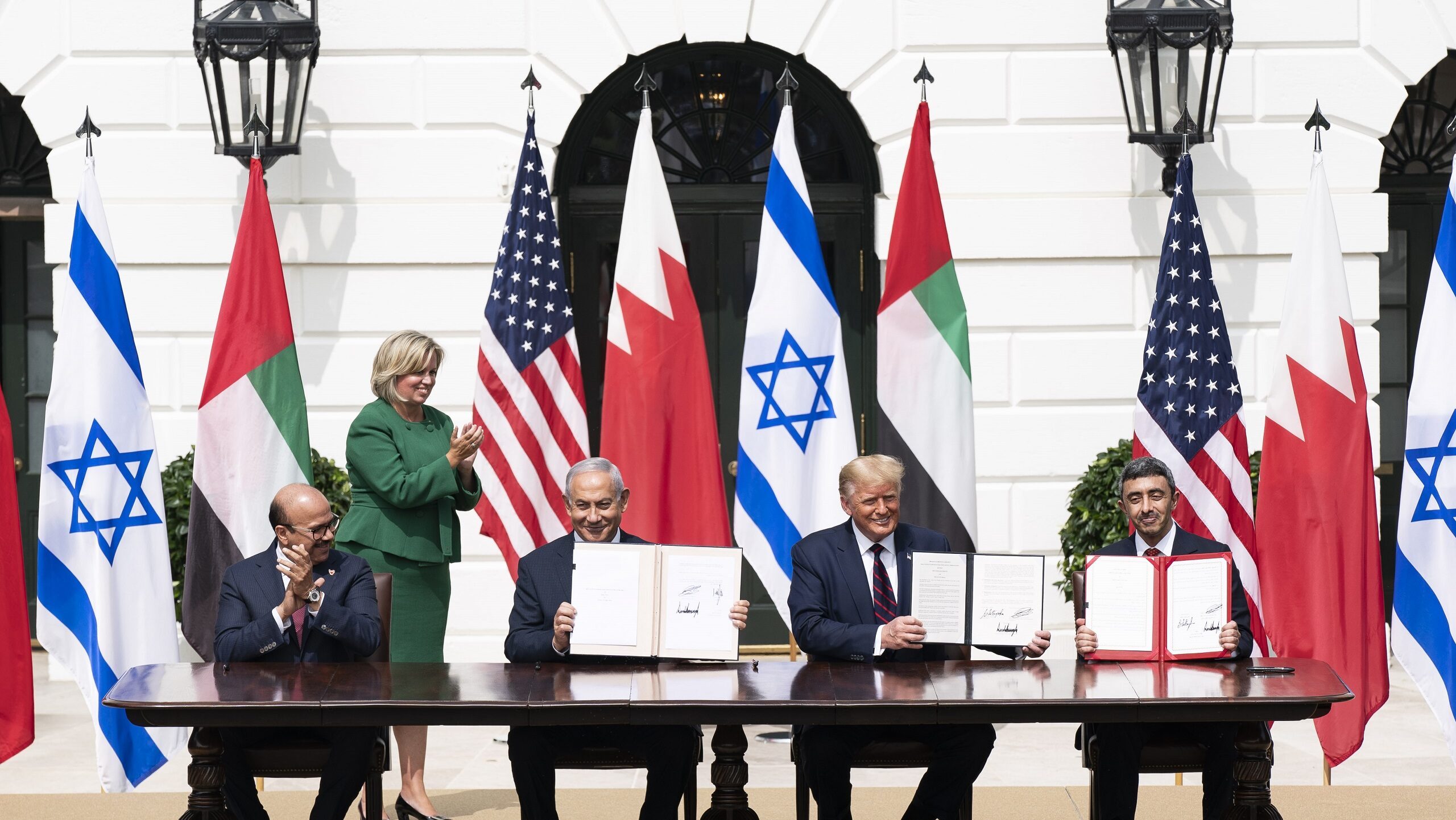The Abraham Accords: Where Are We Today?
Ma’ariv, Israel, September 17
Many things have been written about the Abraham Accords, most of which are probably true: Iran as an emerging regional enemy; Saudi Arabia’s tacit approval of relations with Israel; Israeli companies that craved doing business in the Gulf; and the Americans that simply disappeared from the region. When we examine everything from above, a miracle of probabilities happened here and, in one moment, following decades of boycott, all of the stars lined up in the right place. I was part of the first Israeli delegation to Dubai. We numbered about 20 businessmen. As soon as we landed there, we felt immediately at home, simply because the hosts really wanted us to feel welcomed. At the first meeting with the local Chamber of Commerce, the chairman of the Israeli Export Institute spoke and said what I remember to this day: “This agreement is as important as any other peace agreement … yet there are several countries that stand on the sidelines and are quietly waiting for the agreement between us to fail. Our leaders did their part with extraordinary courage. Now we, the businessmen, must see to it that the agreement succeeds and lasts.” So, where do things stand with the agreement today, two years later? Trade between the UAE and Israel has already reached $1 billion and is expected to grow to $3 billion by 2024. But support for the accords is falling. In a recently published poll, only 23% supported the agreement (a 50% drop in two years). This is a very worrying figure. After the stardust cleared and after all the celebrities flew over to Dubai (and over 450,000 Israelis with them), it is important to analyze where we wanted to be, and what really happened. We wanted real peace, unlike the cold peace with Egypt and Jordan. We got exactly that, but we haven’t gotten there yet. Most of the business community and the Israelis who came to the United Arab Emirates didn’t do their homework first. The working assumption of most of the companies was: We will give a presentation; we will hold a few meetings; partner with local businessmen; and the money will flow. Unsurprisingly, this strategy didn’t work. Very few, if any, companies succeed in operating according to the local strategy and know-how. I would also be remiss not to mention the Palestinian issue. About a week after signing the agreement, I went to a work meeting at the Allenby Bridge. A Palestinian ambassador to one of the important Arab countries entered the VIP room. The same ambassador was called to urgently return to consultations with Abu Mazen. The agreement was sold in the United Arab Emirates to their people as stopping Netanyahu’s unilateral annexation plan. But in practice, the Palestinian Authority has only weakened since the Abraham Accords were signed, while Hamas reared its head in the West Bank. A peace agreement is made with people, not just between governments and companies. The two countries’ leaderships must push for the introduction of the agreement into the education system, fund student delegations from both sides, and instill among the Israeli public the values of tolerance and mutual acceptance. – Yariv Fisher (translated by Asaf Zilberfarb)


